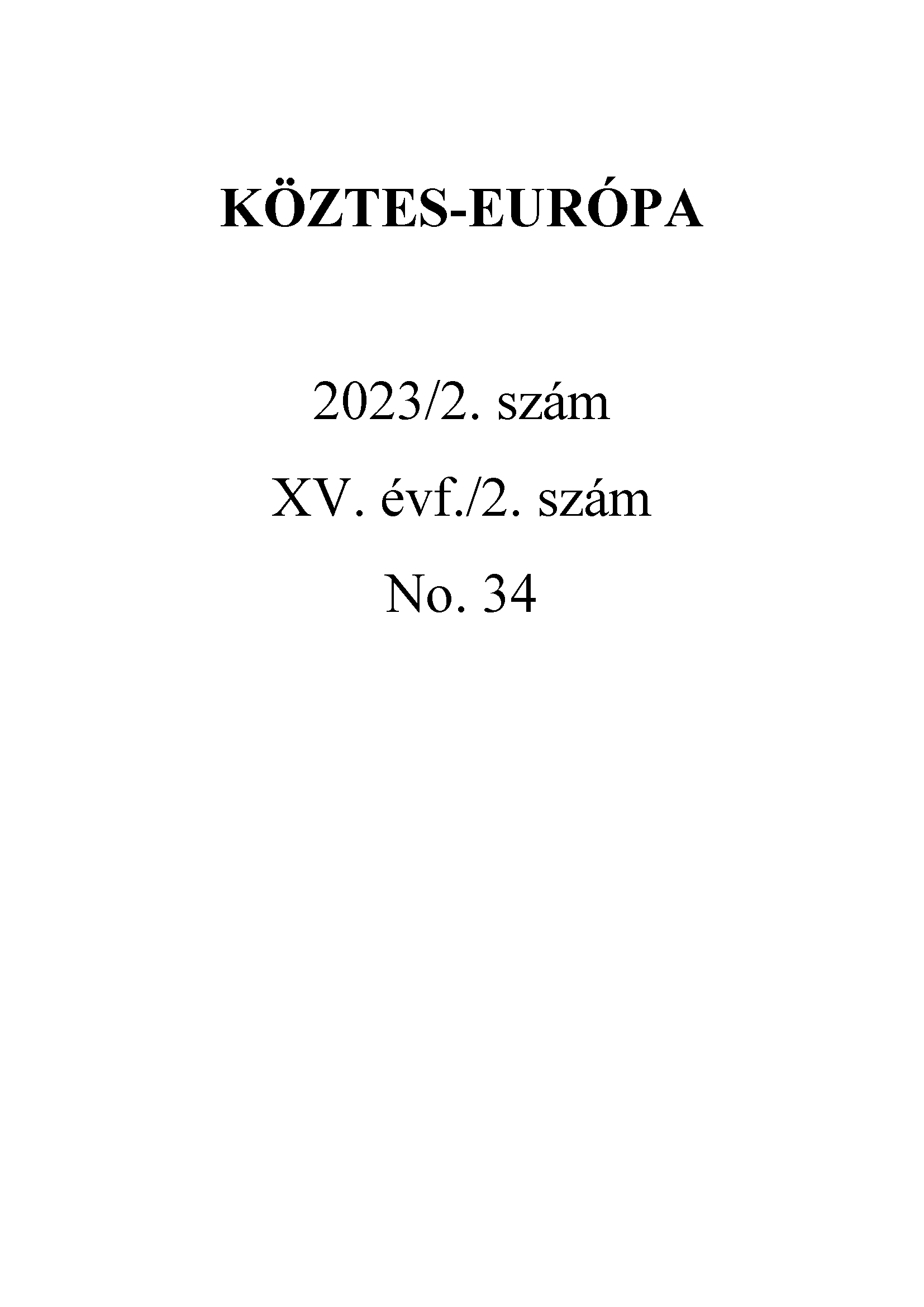Az Európai Unió kilátásai a geoökonómiai erőtérben
Main Article Content
Absztrakt
In this article, we examine what significant geoeconomic conflicts the European Union is currently in-volved in and how the trade openness of individual countries is evolving based on the latest available data. We will explore the impact of these conflicts on trade relations, particularly focusing on how the European Union is adapting its strategies in response to shifting geopolitical dynamics. Additionally, we analyze the broader implications of recent restrict measures introduced by the EU, considering their effects on the EU economy as a whole. By analyzing the nuances of these tensions, we aim to provide a comprehensive overview of the current geoeconomic landscape, offering insights into potential future developments and strategies that the European Union could pursue to mitigate risks. We found that there is a danger that the number of economic sanctions in the world will increase and become more severe in the coming years. Given that the trade openness of the European Union is significantly higher than that of the USA and higher than that of China or India, the expanding geoeconomic struggles of the world would heavily affect the economy of the European Union. Hungary may be, to a particularly large extent hurt by these economic struggles, since its trade openness is outstanding not only in the European Union, but also in the world. Therefore, it is the European Union's (and Hungary’s) economic interest that the geoeconomic conflicts in the world do not escalate in the coming period.
